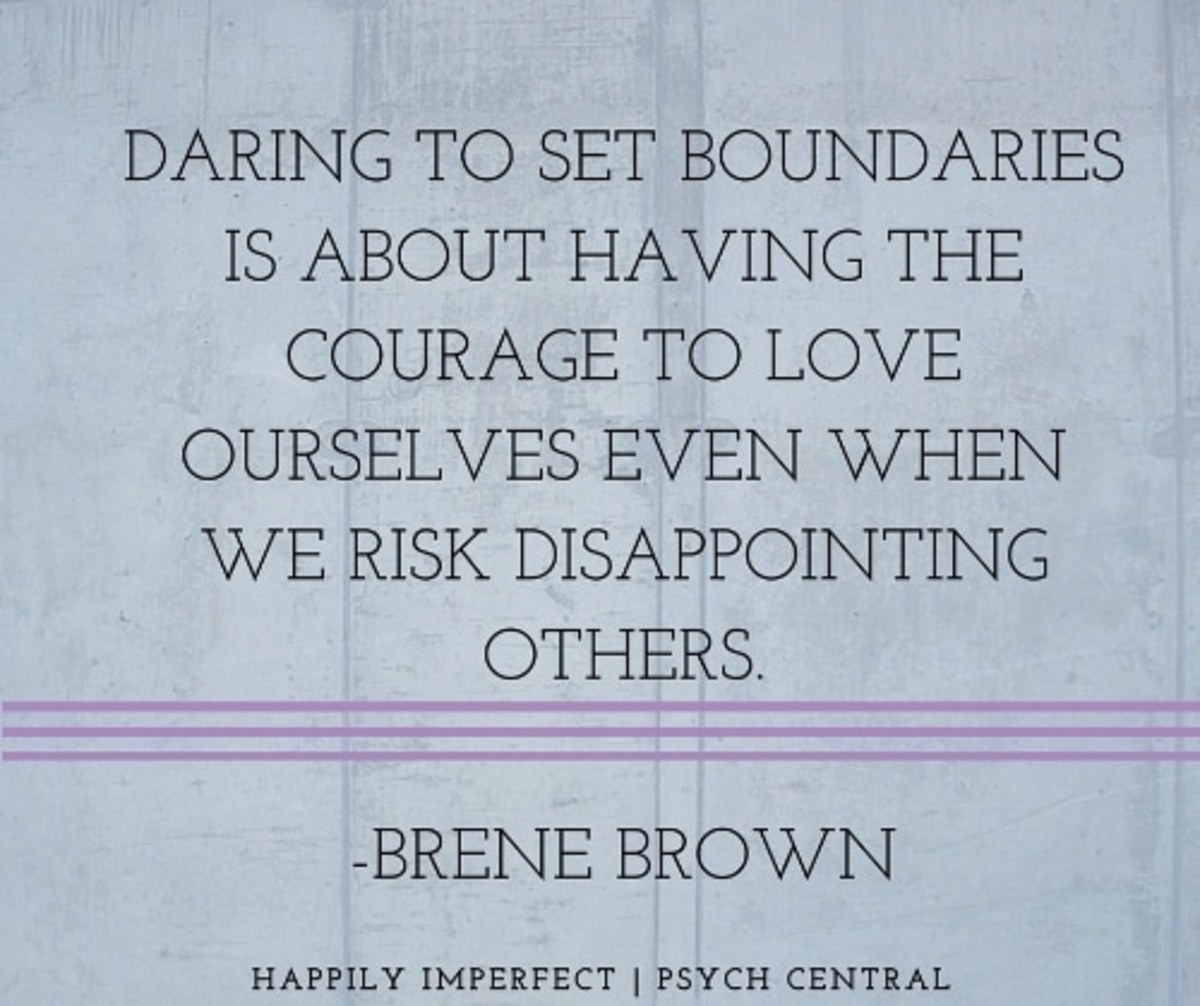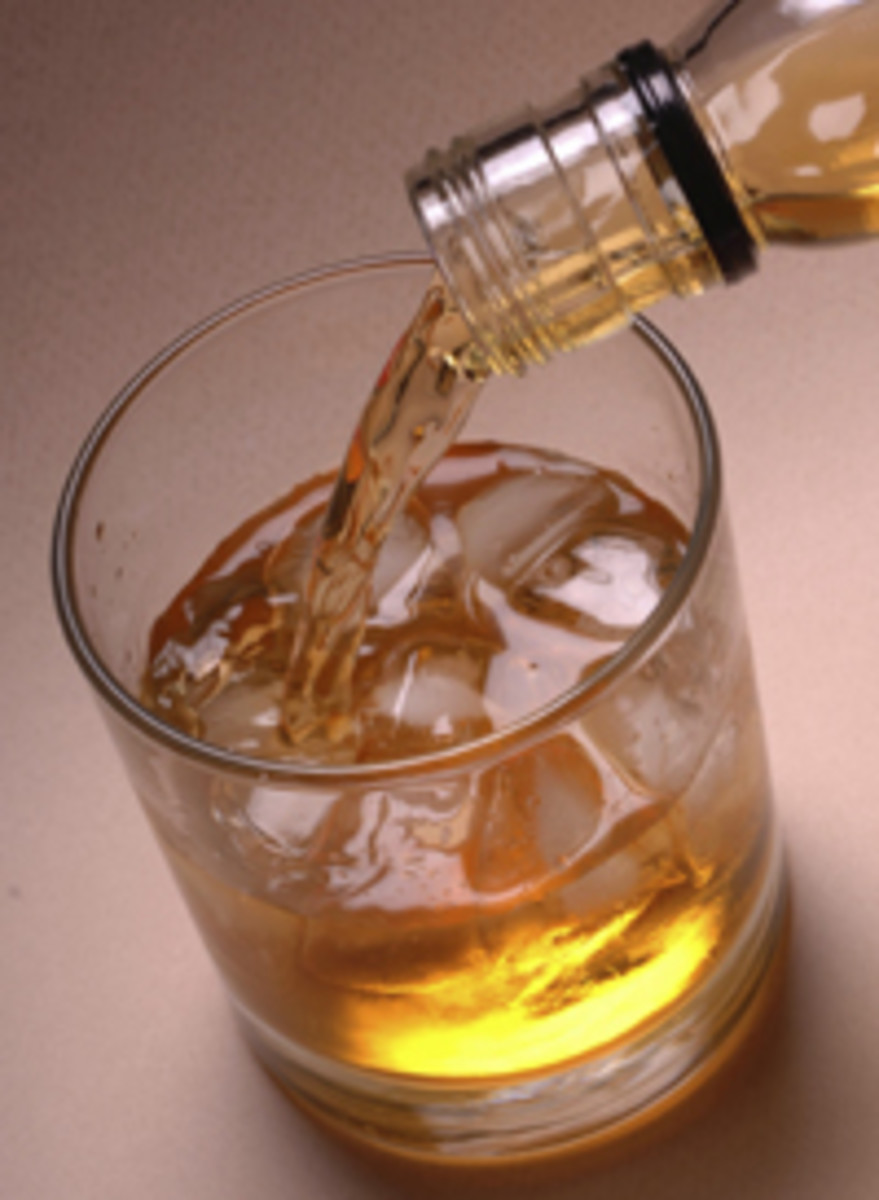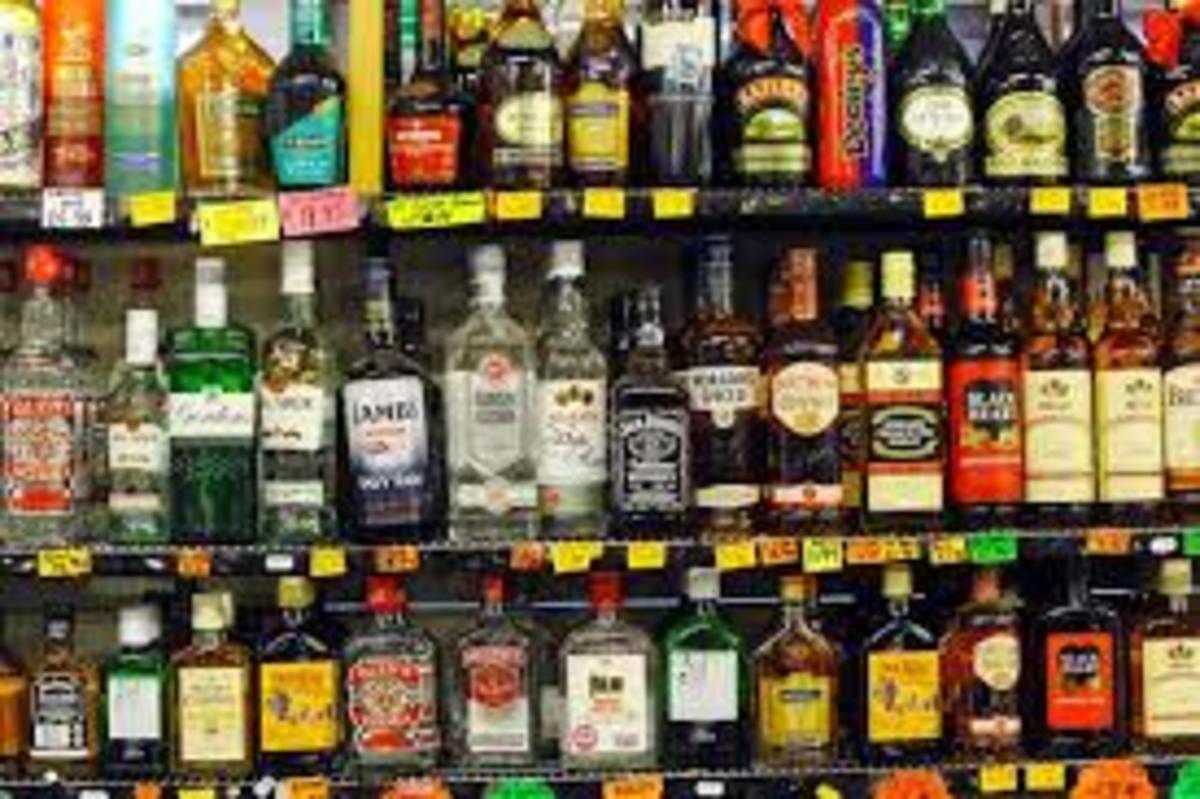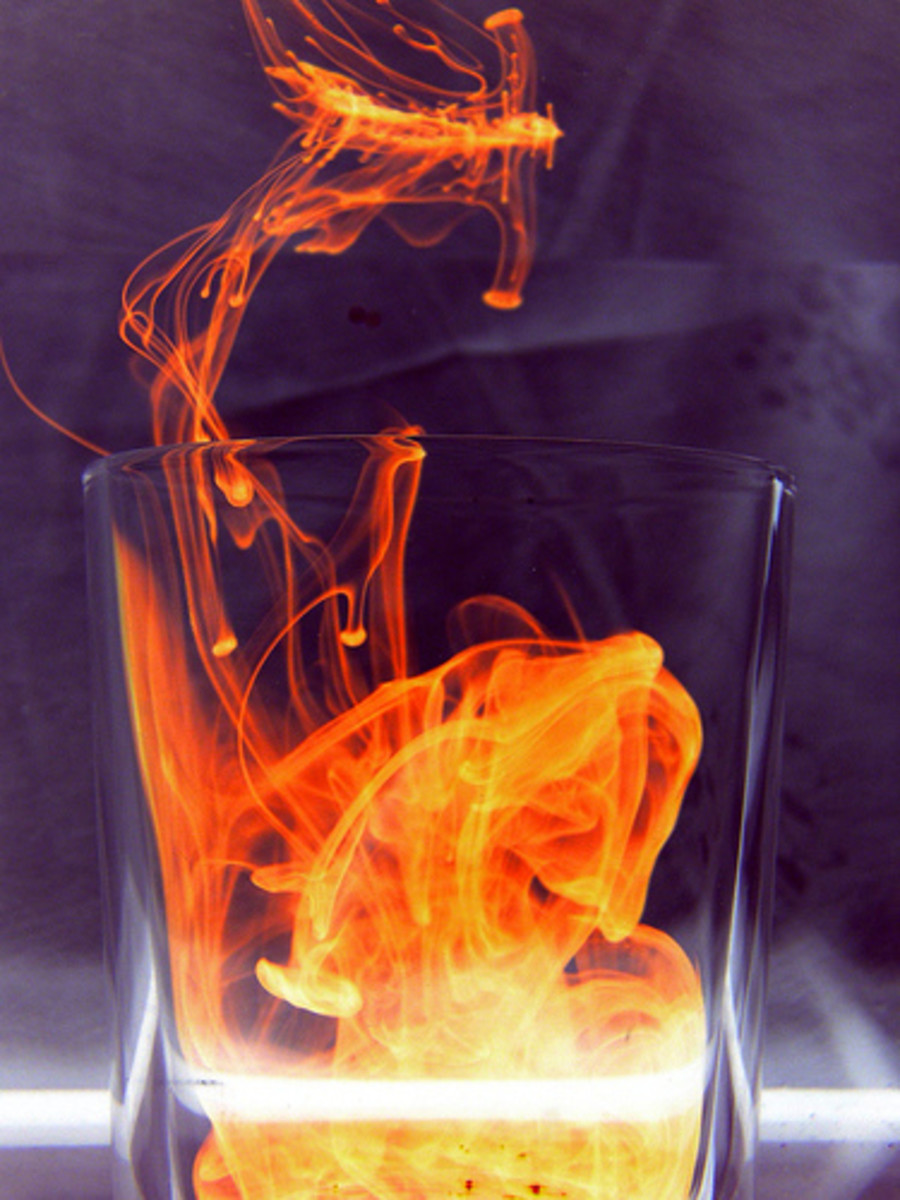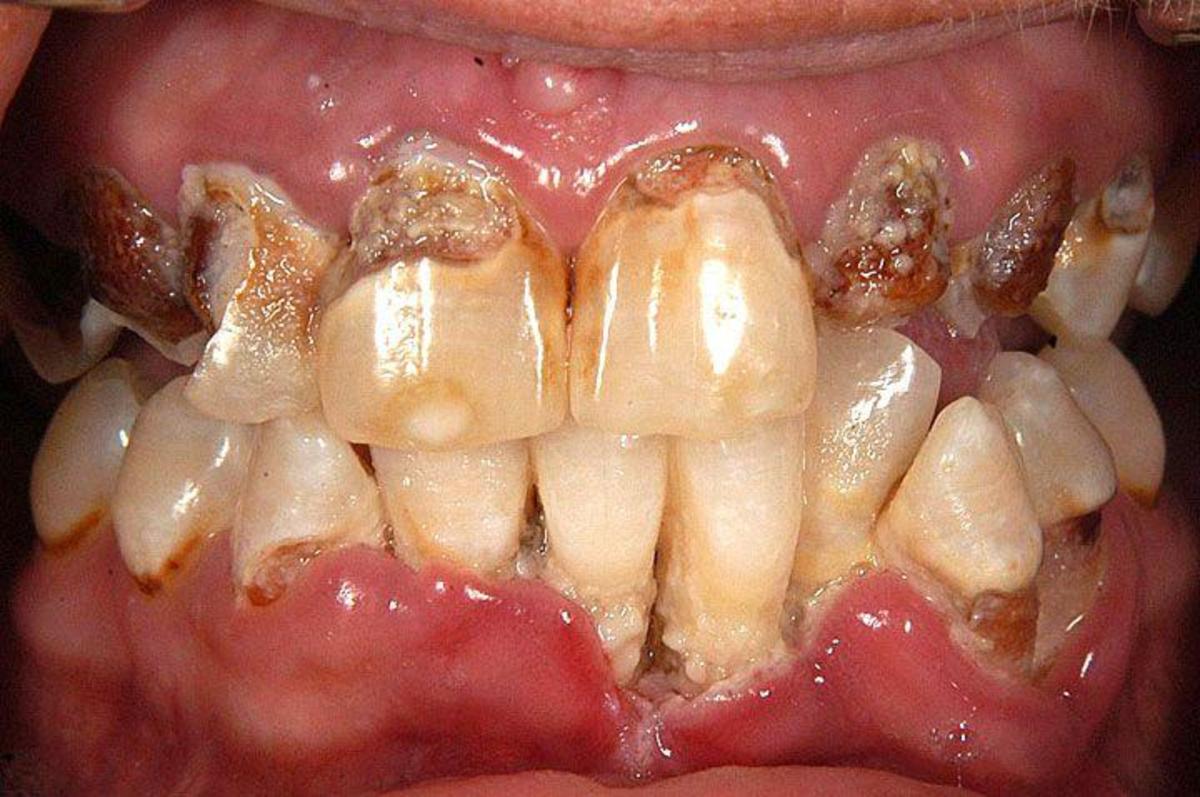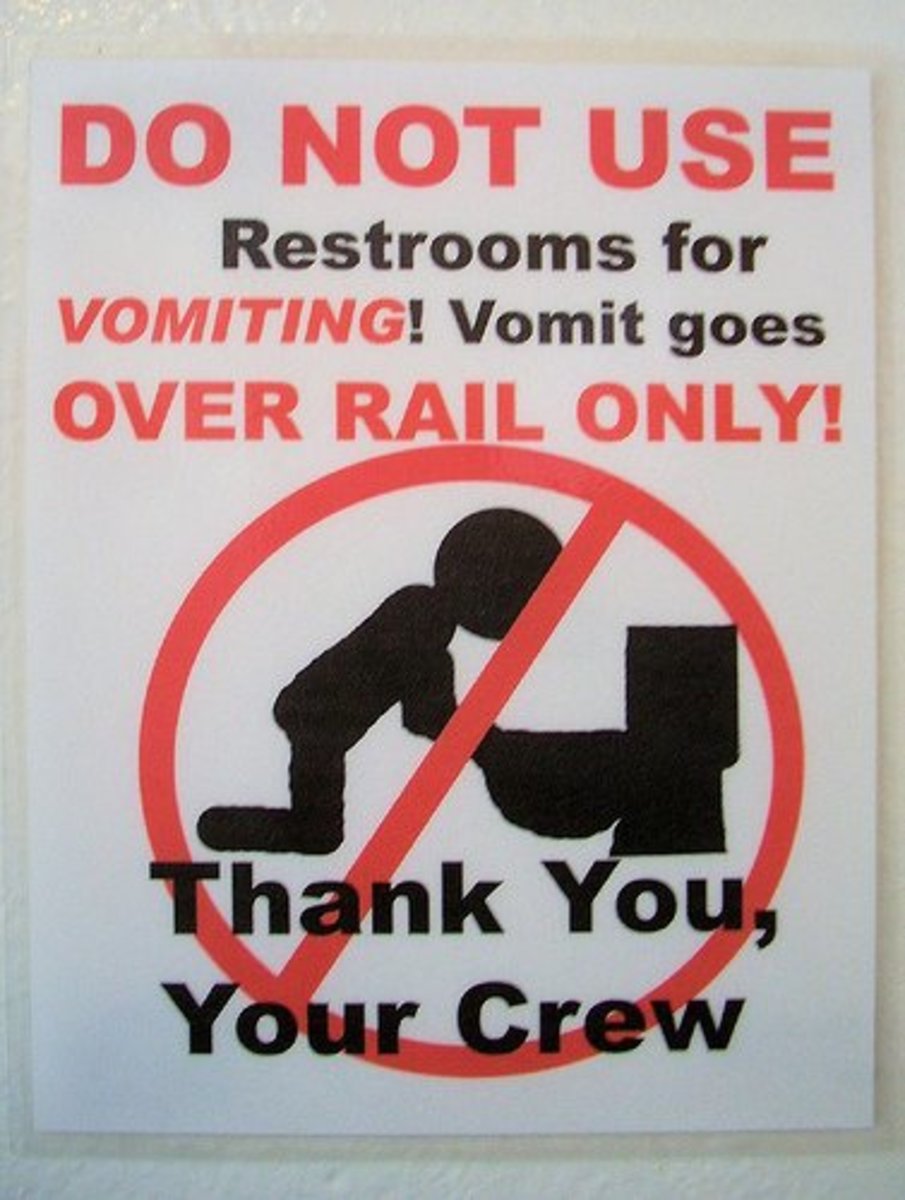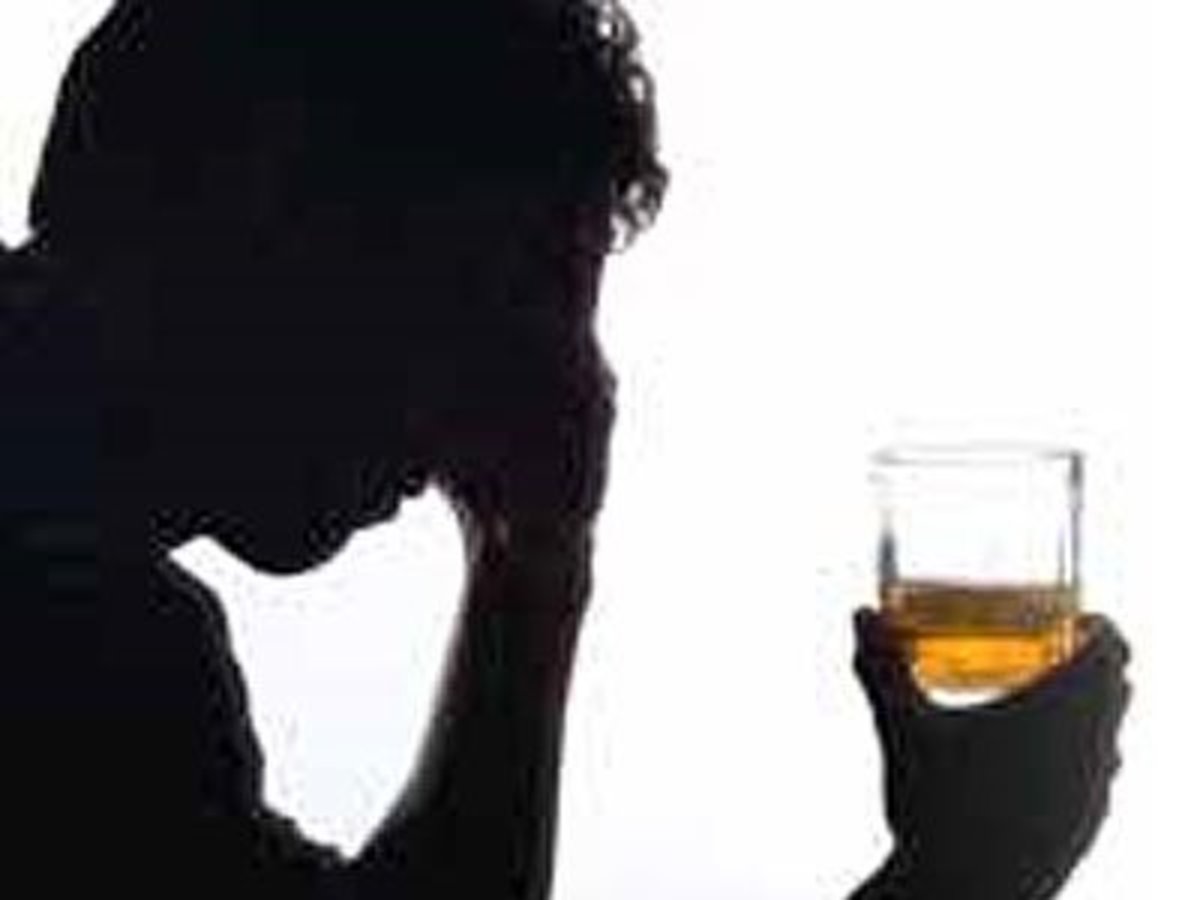What is "physical"sobriety?
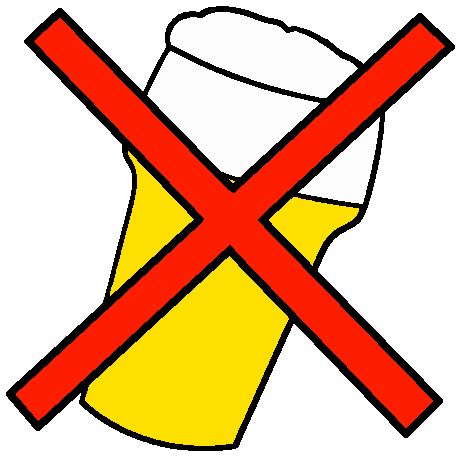
Getting sober = no more drinking
According to the dictionary, "sober" means not addicted to intoxicating drink. It also means showing no excessive or extreme qualities of fancy, emotion, or prejudice. The first definition describes physical sobriety; the second, emotional sobriety. Both types of sobriety are important if you want to live alcohol free and not a) relapse back into alcoholic drinking, or b) be so stark raving bonkers that your life it miserable and you might as well be drinking.
In this hub I'm going to talk primarily about physical sobriety: what it is and how to achieve it. Since the first and definitely most critical step for any alcoholic is to get physically sober, we'll start with physical sobriety as our foundation of alcoholic recovery.
First priority of recovery: stop the craving!
Are alcoholics really different from "normal" drinkers? Yes. Alcoholics are both bodily and mentally different from others. When we put alcohol into our bodies, two reactions occur. We are physically allergic to alcohol. Our livers actually process alcohol abnormally. More abnormal, still, drinking alcohol triggers a "phenomenon of craving." So even though our bodies are technically rejecting the alcohol (allergy of the body), our brains tell us to keep drinking more and more (obsession of he mind).
As time goes on and the disease of alcoholism progresses, the mental obsession and the physical craving both become stronger and stronger. We may want to stop drinking, we may need to stop drinking, we may try our best to stop drinking -- but we simply cannot. Our bodies and our brains are both compelling us to drink, drink, drink ourselves to death.
You CAN stop that speeding train
Get sober is basically like stopping a speeding car before it crashes. Or turning the Titanic before it hits the iceberg. The instinct is there. The danger is recognized and processed. Unfortunately, for many alcoholics, it's not a simple matter of pressing the brake pedal -- because the brakes are shot (no pun intended there). Needless to say, there is going to be some damage to the car. However, it is possible to steer the Titanic out of harm's way and avoid sinking your life.
The point is, without action, the crash is inevitable.
In advanced alcoholism, drinking is no longer a choice. It's instinctive. The body is conditioned to crave alcohol over all else. The craving must be obeyed. That can be a confusing and frightening realization. "I don't want to drink today. I promised myself I would not drink today." Yet there you are -- stopping at the liquor store to feed your disease. Again.
Typically this inability to control alcoholic consumption does not happen overnight. It happens over time. But again, if you have reached this point, crossed the imaginary line from habit to necessity, you know how awful it feels. And it's scary, too.
It looks even worse from the outside!
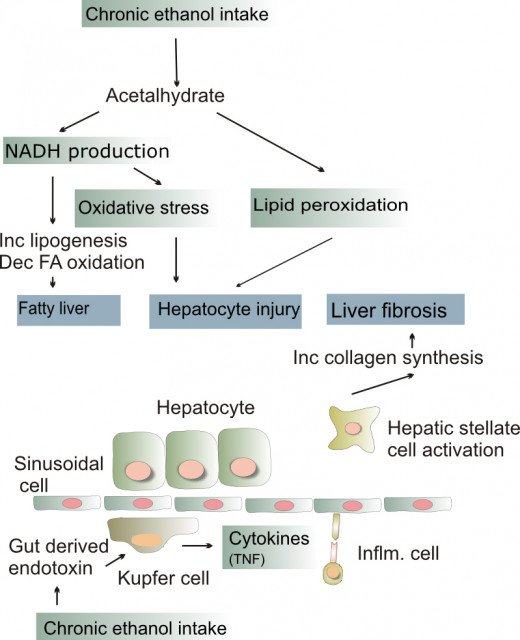
Fighting the body's urge to drink, drink, drink
Suddenly withholding the body's "food" (which is what both the body and brain tell you alcohol is) is going to wreak havoc. Shaking, anxiety, nausea, vomiting, delerium tremens "DTs", even convulsions can occur when an alcoholic tries to stop drinking. This is the point where many alcoholics discover, to their horror, that their bodies are working against them. They simply can't tolerate the physical withdrawal symptoms. They don't want to drink, but not drinking feels so crappy they can't function. So what do they do? They feed their disease using the "medicine" they know works. To make the painful symptoms go away, they take another drink.
But, alcoholics can and do overcome this relentless mental obsession and physical craving every day. They manage to get to the point of sobriety. They put the bottle down for good. Or, at least long enough to experience what it feels like to live alcohol free.
Once they do, the healing process begins.
Pink gets how it feels to be SOBER
- Alcoholism: Symptoms - MayoClinic.com
- Alcohol Detox - Alcohol Withdrawal Symptoms
Alcohol withdrawal symptoms can be life threatening, medically supervised alcohol detox can ease the symptoms of alcohol withdrawal and transitioning to treatment.
The craving is lifted!
Essentially, physical sobriety is about cleansing the body of the ravaging effects of alcohol. It hinges on relief from the phenomenon of craving. That miracle -- and yes, I do consider it a miracle -- occurs at different points for different people. It may happen spontaneously. It may happen within days of not putting alcohol into your bloodstream. It may occur after a period of "detoxing," either on your own or with medical supervision (e.g., physician-prescribed pharmaceuticals to reduce the anxiety and physical symptoms of withdrawal). It may take weeks, or even longer, of conscious, determined effort in sobriety. But everyone in sobriety does achieve this point. If they do not, they will relapse and go back to using alcohol instead.
When that magic moment happens it is unmistakable. You suddenly realize you're NOT craving a drink! You realize you have not even thought of a drink in _________________however long the time period is. No longer a slave to alcohol, you are freed to reclaim and live your life.
Great book to get you through your first sober year
Recovering from sickness
Alcoholics are sick people. And I don't mean that as an insult or value judgment. I mean it literally. Do you recognize yourself as sick?
Maybe you haven't ... yet ... been told by your doctor that if you don't stop drinking your liver will fail.
Maybe your hair is not ... yet... falling out.
Maybe you are not covered with mysterious bruises.
Maybe you've accepted throwing up as part of your daily routine.
Maybe you no longer suffer from crippling hangovers, because you've learned to keep a "maintenance level" of alcohol in your system at all times.
Maybe your feet are not tingly numb with neuropathy.
Maybe the blood vessels in your nose, cheeks and chest have not yet burst into a telltale red spiderweb.
Maybe you have not ...yet ... reached the stage where you keep a bottle of alcohol by your pillow so you can take a slug as needed to get you through the long night.
These are all classic physical symptoms of alcoholism. Symptoms you can easily treat by becoming physically sober.
Once we stop poisoning our bodies (and pickling our brains) with alcohol, we start healing. Our brains unfog and we can think more clearly. We can sleep. I won't say sleep better, because for many active alcoholics, there is no sleep -- only drinking to pass out, coming to, and drinking again in an exhausting, nightmarish cycle.
In sobriety we can eat real food again. Again, not every alcoholic gets to the point where they are subsisting exclusively on booze. But it does happen, and it's pretty ugly. Malnourishment is a common problem among alcoholics. In sobriety, we get our appetites and tastesbuds back. We become stronger physically because we are taking care of ourselves. Often, for the first time in many years.
Calculate your sober time. Wow!
- AA History Sobriety Calculator
Use the Sobriety Calculator to see how long you have been sober, computed in Days, Hours, Minutes and Heartbeats!
How long till I'm physically sober?
There are two answers to this question. The first answer is, recovery from alcohol is not like recovery from a cold or an operation. You don't "get over it" in a week to 10 days. There's no milestone that says you should be fully back to the gym or to work in six weeks. It's simply not like that. Sobriety is an ongoing, lifelong process. The healing is a lifelong, ongoing process.
Some within Alcoholics Anonymous claim that the first seven (7) years of recovery are physical. I don't want to quote that figure because I don't want you to think you won't get any physical relief for seven whole years. That's simply not true! I've heard many alcoholics in their first 30 days of sobriety marvel at how much better they feel already.
That's because of answer #2: physical sobriety is immediate! The day after you take your last drink is your first day of sobriety. That date is your "sobriety birthday." For alcoholics, this date is as important and exciting as our natal (aka "bellybutton") birthdays. As we go forward in our recovery, that date is always etched in our memory as the beginning of our new, sober life.
Physical sobriety is not mysterious. But it sure is marvelous!
If you didn't drink today, congratulations. You are physically sober!



